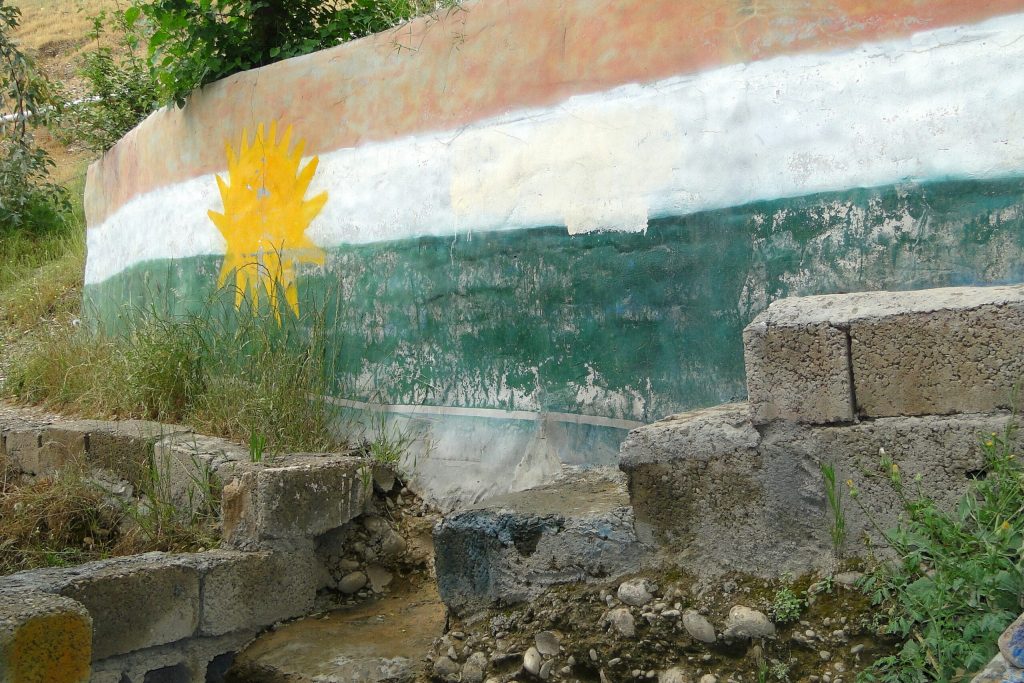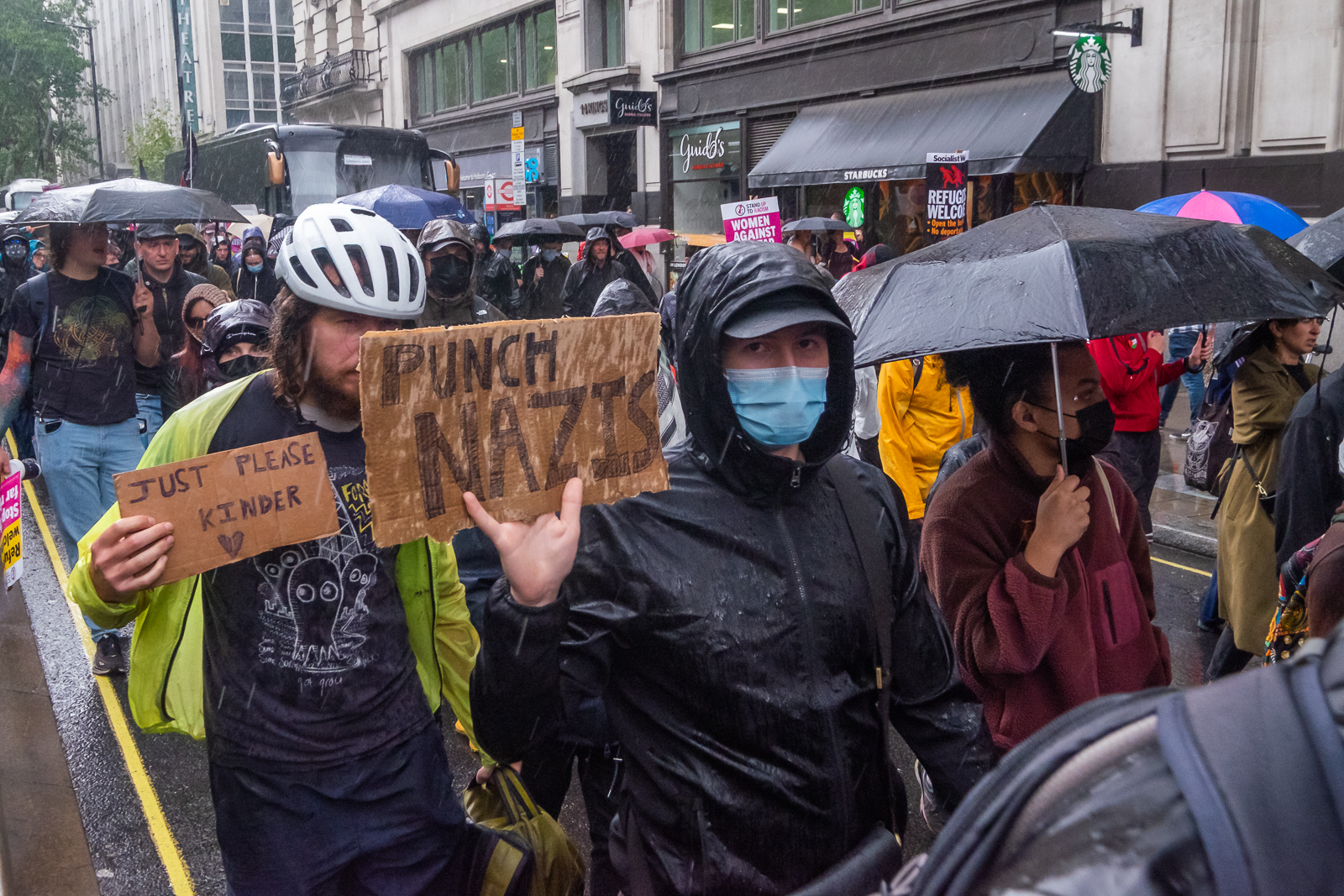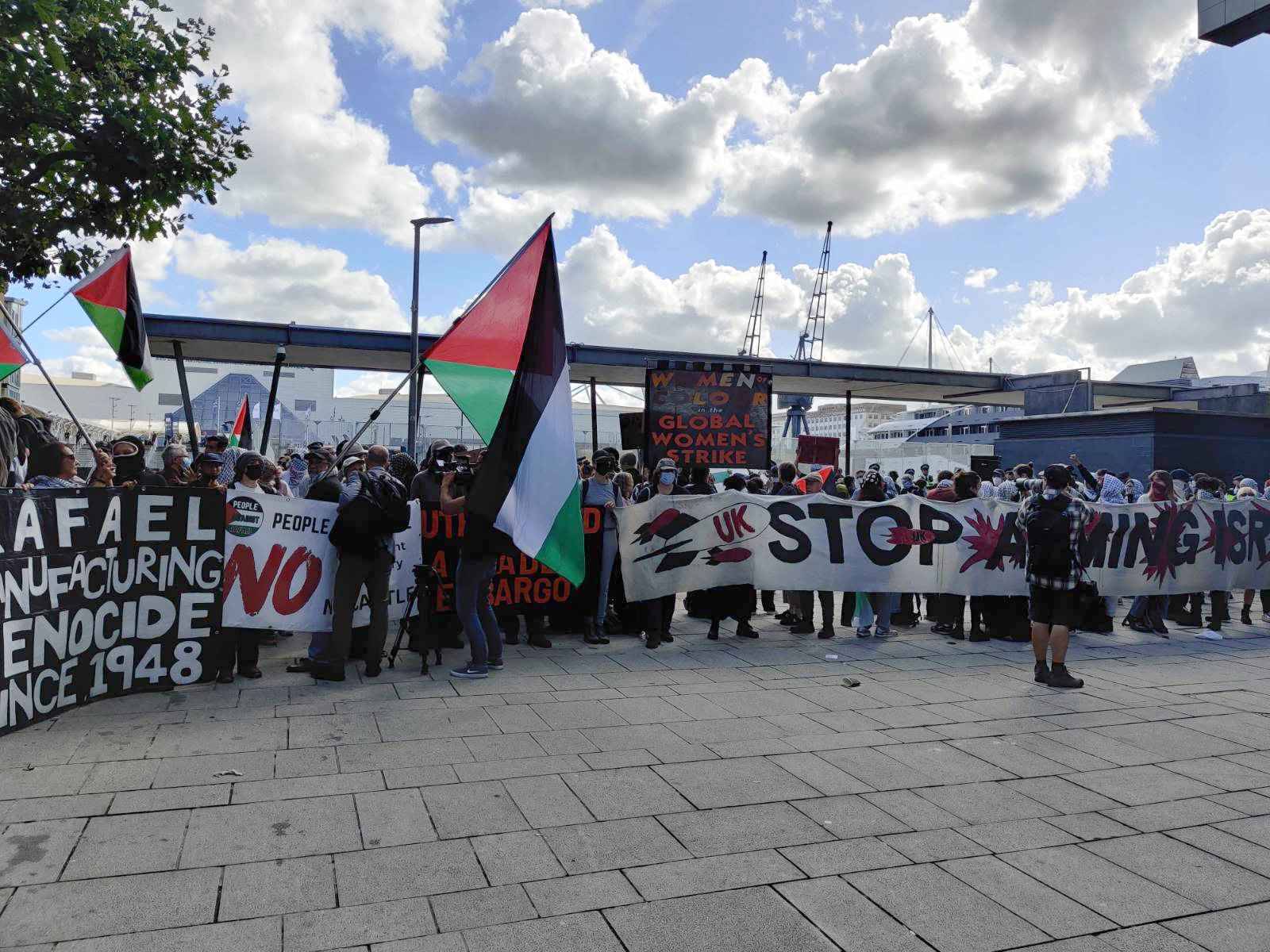Turkey has exponentially increased its military presence in Iraqi Kurdistan recently, causing concern over regional stability in a crisis that shows the importance of political systems in a region often reduced to ethnic groups.
This most recent militarisation started in June, with the Kurdish National Congress (KNK) releasing a press statement on July 1st, denouncing Turkey’s actions as an attempt to occupy Iraqi Kurdistan. It comes in the context of cross border raids that have been ongoing since 1991, but have been escalating since 2018 in a series of operations aiming to create what they have called a “buffer zone” between Iraq and Turkey according to monitoing group The Community Peacemaker Teams (CPT).
The impact of these operations on the civilian population has resulted in mass displacement from the region and has led to risks of a broader conflict. To date, Turkey has constructed 74 military bases inside Iraqi Kurdistan and caused the displacement of thousands of people from at least 170 villages, with a further 602 villages at risk. Turkey has been guiding this occupation towards long-term warfare through the establishment of military bases, checkpoints, and the violent eradication of settlements.
External observers have surmised that due to the overwhelming presence of military activity, the Turkish army is intending to spearhead a long-term annexation of the Kurdistan regions. This annexation is presented as a “buffer zone” with the intent to disable an “external threat” of PKK guerillas, but the size of the zone is to extend 30-40 kilometres into Iraqi and Syrian land, according to the Turkish Defence Minister. This would thus result in mass scale ethnic cleansing for the Kurdish population.
A July 1st press by the KNK called for aid from the international community, but has seen no response. It claims that “Turkey’s deployment of tanks, soldiers and checkpoints deep inside Iraqi Kurdish territory is a clear attempt to occupy Iraqi Kurdistan” which will lead to escalation in the region’s long-term conflict. According to CPT, Turkey has carried out more than 800 attacks in the region already this year, and continues to grow its presence under the pretext of fighting PKK guerillas. This has been seen to manifest most significantly in Duhok, (Iraqi-Kurdistan) which has seen the largest increase in Turkish military deployments.
The KNK says mid-June saw a rapid rise in attacks against Southern Kurdistan. With air and ground strikes, around 1,250 soldiers and 300 tanks have been deployed thus far. The new wave of attacks, since 2020, have been increasing exponentially. This has resulted in 381 bombardments and the burning of over 68,000 dunams of farmland and forest. These attacks have also resulted in multiple civilian deaths.
The situation is complicated by the cooperation of groups in Iraqi kurdistan, such as the conservative Kurdistan Democratic Party (KDP) with the Turkish military. This splits the different Kurdish military forces in Iraq, while also showing the lack of a united front along ethnic lines. The KDP and Autonomous Administration of North and East Syria (AANES, a broadly libertarian socialist-leaning coalition) have often opposed each other, if not explicitly, with their forms of political organisation clearly being a more important aspect than ideas of Kurdish unity.
In addition, the total lack of international attention on both this expansion of the conflict and Turkey’s invasion of Northern Syria in general has allowed this campaign of ethnic cleansing to continue unabated. Groups such as Human Rights Watch have continually accused the Turkish governments of war crimes particularly in Northern Syria to little reaction in the west, to no avail. Despite Turkey being a part of Nato, Western media has remained totally silent on this continued invasion and ethnic cleansing with Erdogan remaining a key regional ally despite an increasingly militant approach to Turkey’s neighbours and increased limitations on press freedoms at home.








